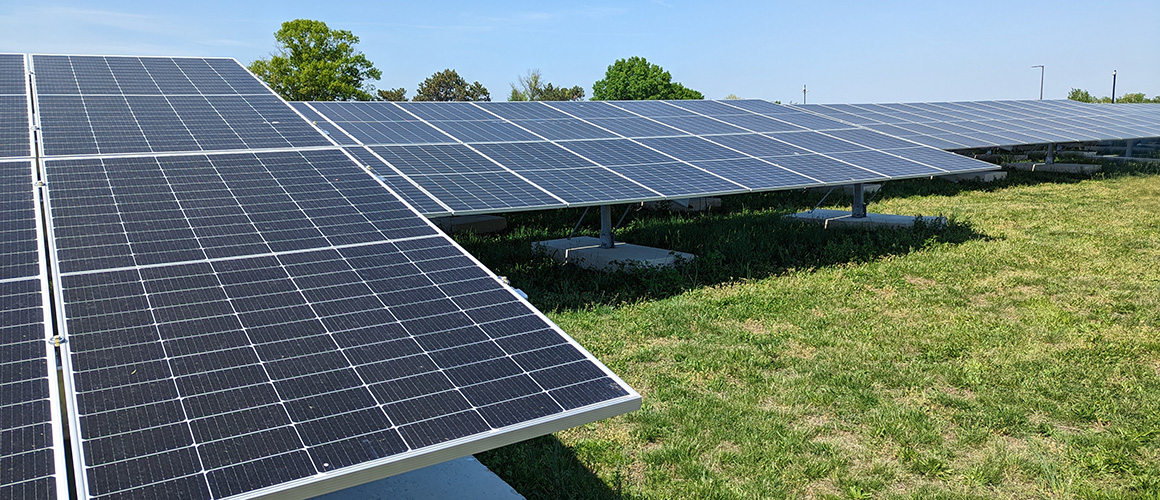
Overview
The District of Columbia is committed to achieving its ambitious clean energy goals, which include a significant reduction in overall energy consumption. As part of this ongoing commitment, the Public Service Commission of the District of Columbia (DCPSC) is developing a Benefit-Cost Analysis (BCA) Model (“BCA Model” or “Model”) to assess the cost-effectiveness of utility programs and initiatives that support the District’s clean energy and climate goals. (
Order No. 21938)
The BCA framework will evaluate electricity and natural gas programs from Pepco and Washington Gas, respectively, to determine whether they provide net benefits to ratepayers while advancing energy efficiency, emissions reductions, and equity objectives. This analysis is a critical step in ensuring that investments in energy efficiency, demand-side management, and grid modernization deliver value to District residents while supporting the District’s broader clean energy and climate initiatives.
BCA Model and Methodology
The BCA Model, developed using Microsoft Excel, provides a standardized, transparent framework for evaluating electric and natural gas programs and initiatives. The Model accounts for:
- Program implementation costs
- Energy and demand savings
- Avoided greenhouse gas emissions
- Social equity and environmental justice impacts (in development)
- Long-term utility system benefits (e.g., grid reliability, resilience, affordability) (in development)
The Societal Cost Test (SCT) is the primary evaluation metric of the BCA framework, ensuring alignment with District policy goals. The Total Resource Cost (TRC) test serves as a secondary test to assess overall ratepayer impact and affordability. In the first phase, the BCA Model evaluates the benefits and costs of energy, greenhouse gas emissions, air pollutants, and program costs. In a later phase, the BCA Model will be refined to incorporate equity considerations, upstream emissions, and other impacts.
Version: 20250218.03
Note: This Excel file contains macros that may trigger security warnings. To use the model, select 'Enable Editing' and 'Enable Content' if prompted. If macros are blocked due to device security policies, try opening the file on a different computer.
To get a better understanding of the inputs, assumptions, and calculations in the BCA Model, the DCPSC recommends downloading the companion User Guide along with the Model.
Technical Conference and Stakeholder Engagement
The DCPSC hosted a Technical Conference on Feb. 20, 2025, to provide stakeholders with a better understanding of the BCA Model. This conference featured presentations from DCPSC staf and consultants who walked through the Model's methodology and calculations, demonstrated how to effectively use the Model, and answered stakeholder questions about the framework.
>
The DCPSC will announce deadlines for written comments and replies on the draft BCA Model soon.